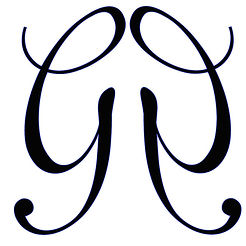Strategies to Prevent Teeth Grinding or Bruxism

Waking up with a sore jaw or headache in the morning can be a sign of teeth grinding while you sleep. Another sign of teeth grinding when you sleep can also consist of your teeth becoming overly sensitive. Teeth grinding, also known as Bruxism, is a condition where you grind, gnash, or clench your teeth. Teeth grinding every single night can have negative effects on your teeth, mouth and even jaw. Bruxism can signal other kind of conditions such as snoring or pausing in your breathing, which is known as sleep apnea. Multiple things can lead to teeth grinding. Psychological factors such as anxiety, stress, anger, frustration or tension can all be leading reasons for clenching and grinding your teeth. Surprisingly enough, antidepressants can cause teeth grinding when sleeping as well. Lastly, abnormal alignment of the upper and lower jaw, also known as Malocclusion, can contribute as well. Sufferers of medical disorders such as Huntington Disease and Parkinson’s disease have a tendency to grind or clench their teeth too.
Over time teeth grinding and clenching can lead to permanent damage. Your teeth can become fractured, loosened, severely worn down, or completely fall out. Existing restorations, like crowns, can also be negatively affected. The pain associated with TMJ and TMD can be worsened with teeth grinding. Thankfully, there are multiple ways that you can overcome teeth grinding. Firstly, a trip to the dentist is required. Once your dentist helps you figure out as to why you’re grinding your teeth in the first place, then you can figure out the cause and move forward from there. Some solutions can consist of dental, medical and home remedies. Dentists will usually provide dental splints and mouth guards to protect your teeth and gums from any damage you may experience or lessen the risk of any further damage you may already have. Mouth guards are also recommended to prevent physical damage to your teeth when grinding your teeth at night. Furthermore, braces may be suggested to help fix any abnormal alignment of your jaw. If none of these options seem promising to you, your dentist may explore other options such as muscle relaxants or Botox injections to help your jaw relax.






